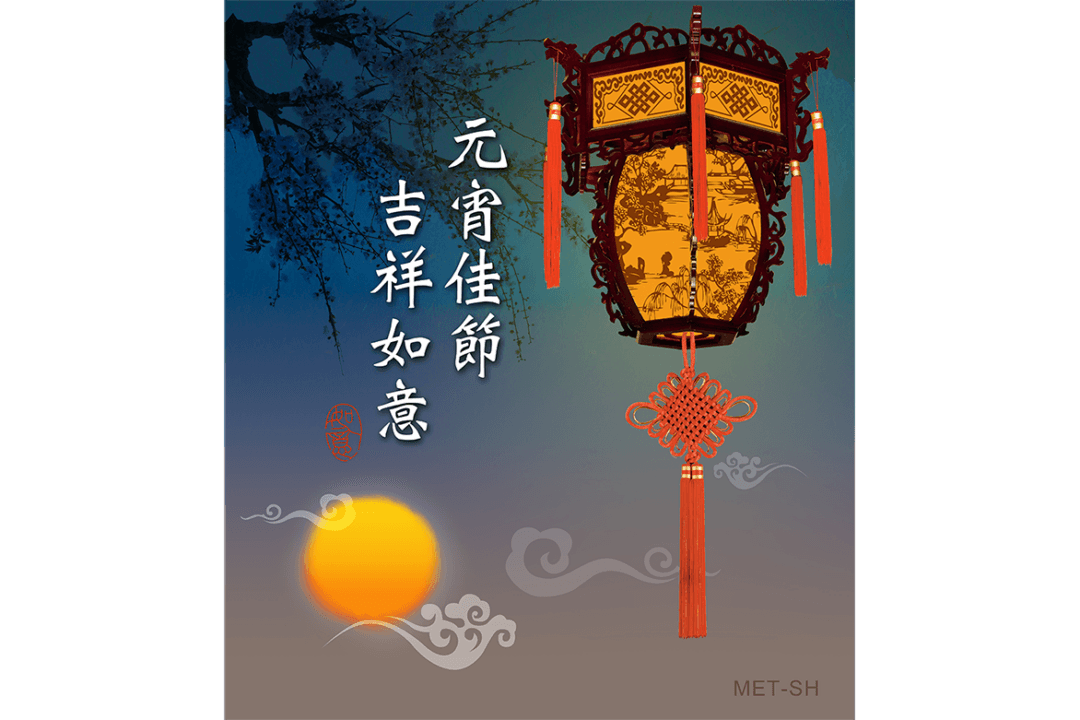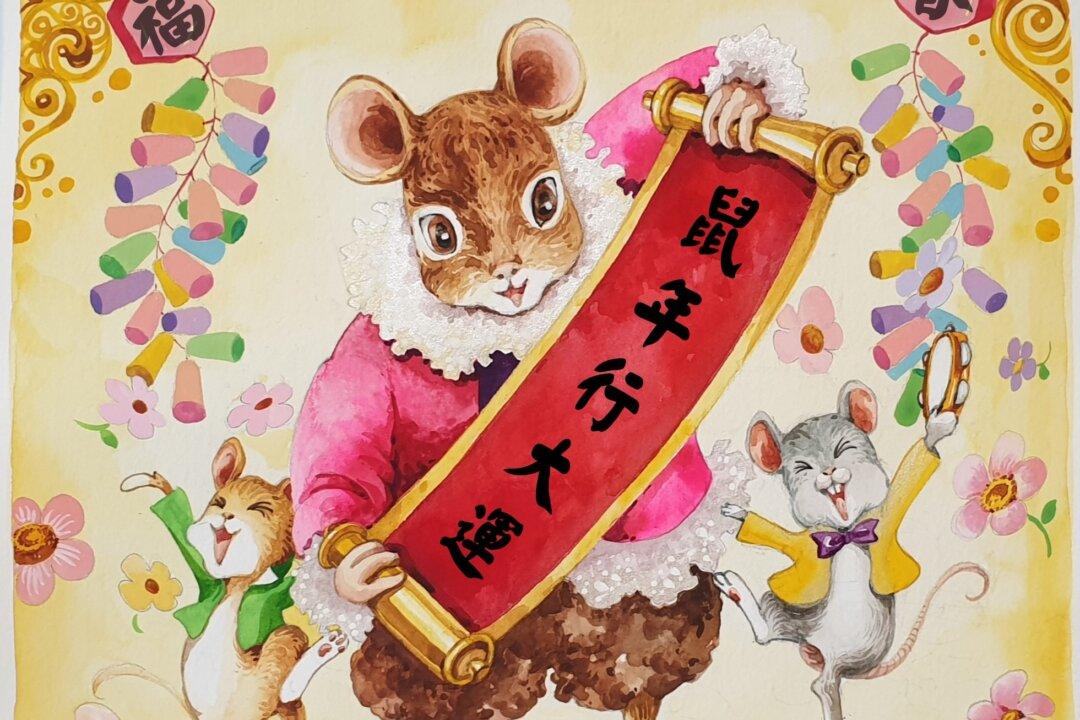The Chinese Lantern Festival, which falls on the 15th day of the first month on the Chinese lunar calendar, or March 5 in 2015, marks the end of more than two weeks of Chinese New Year celebrations each year.
Solving “lantern riddles” is among the many popular traditional activities for the festival, which include eating round yuanxiao sweet dumplings, enjoying the full moon, and delighting in colourful lighted lantern displays.
These guessing games are called lantern riddles because they involve riddles written on lanterns or on slips of paper attached to lanterns.
They often contain messages of wisdom and good fortune, and give children and others of all ages the opportunity to have fun while practicing language and problem-solving skills.
Many classic riddles refer to Chinese characters, idioms, historical figures, literary references, or names of cities and other locations in China.




